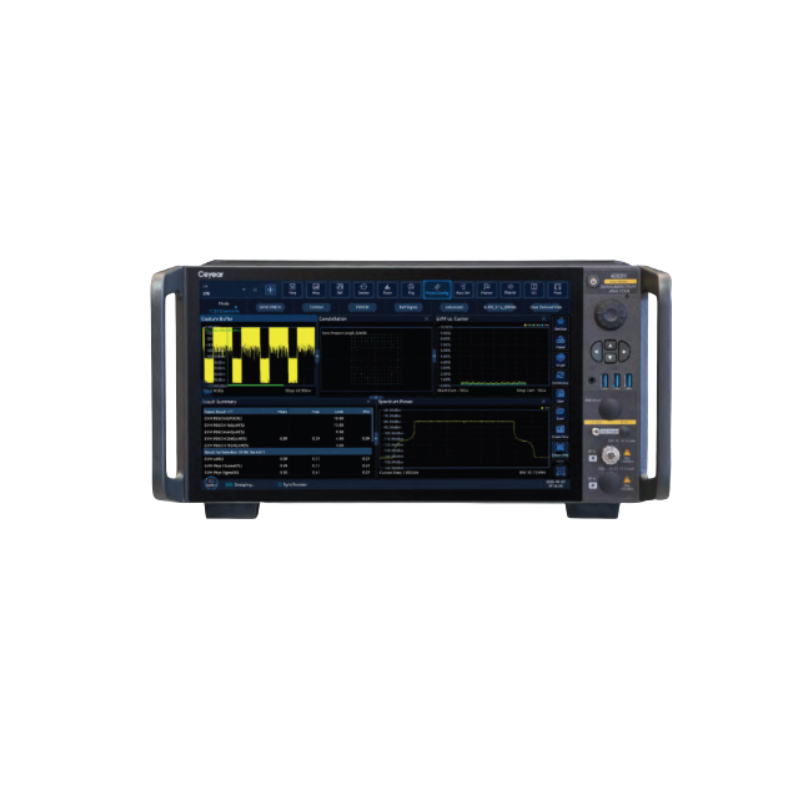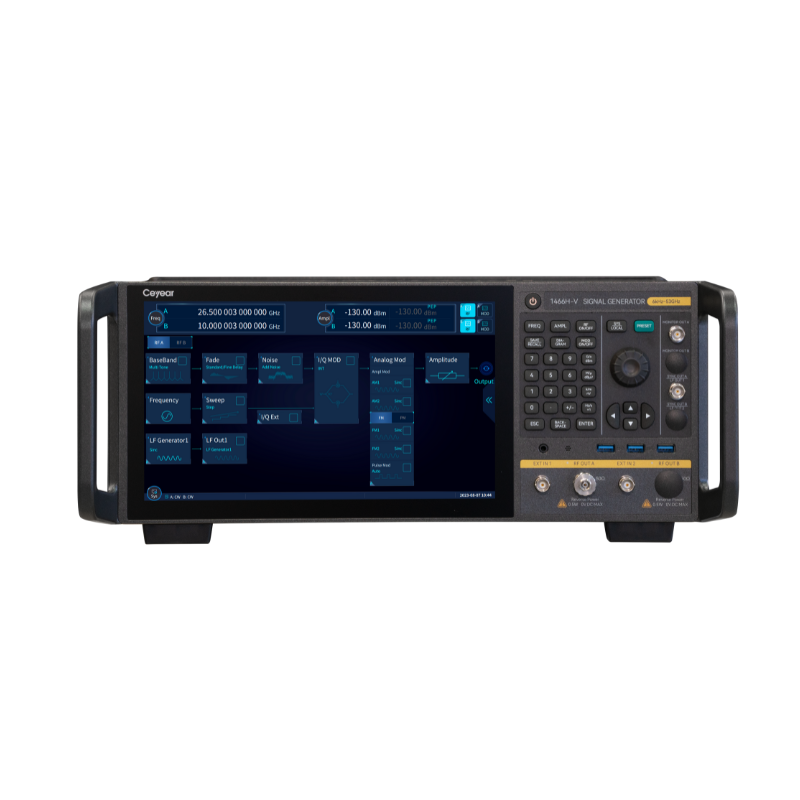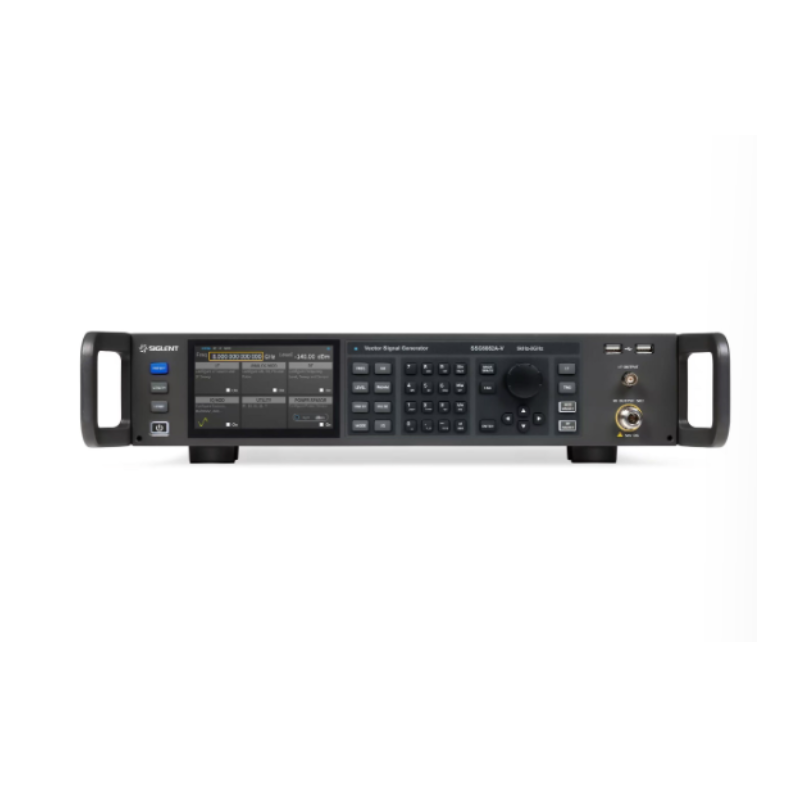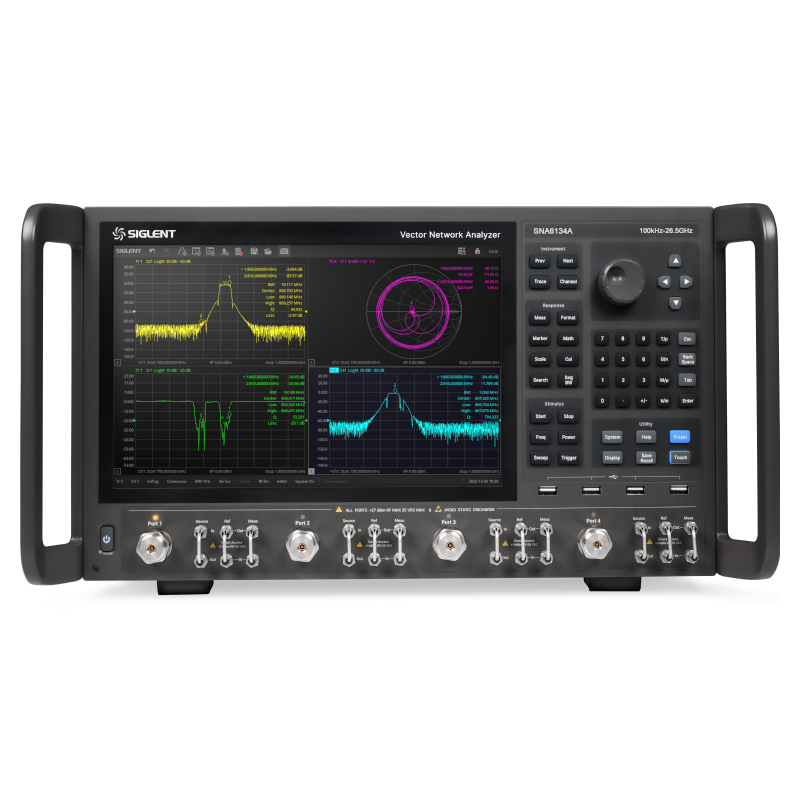スピンエレクトロニクスを用いた低消費電力半導体は、社会実装が目前に迫った「ゲームチェンジャーとなる技術」であり、電荷だけでなく電子スピンも利用することでコンピューティングに革命をもたらすことが期待されています。この革新的な技術は、情報通信技術におけるエネルギー消費量の増加という課題に対処し、カーボンニュートラルなエネルギー社会の実現と、AIやIoTに必要な高度なデータ処理の両方を可能にします。日本はこの分野の研究をリードしており、これらの新しいデバイスの量産化を具体的に目指したプロジェクトが進められています。
- Ultra-low power consumption: Utilizing electron spin dramatically reduces the energy loss typically associated with charge-based electronics.
- Non-volatility: Spintronic memory can retain data even when power is turned off, reducing the need for constant power to refresh memory.
- Higher speed and density: Faster spin switching and the potential for higher integration density can improve processing speed and memory capacity.
- Energy-efficient data centers: By drastically reducing the power consumption of computing components, spintronics can support the growing demands of data centers while mitigating their environmental impact.
- Advanced AI and IoT devices: Spintronic semiconductors can power sophisticated AI and IoT devices with dramatically lower energy needs. This enables longer battery life for smart devices and more powerful on-device processing.
- Enhanced data storage: Spintronics is already used in devices like Magnetic Random Access Memory (MRAM), which offers fast, durable, and energy-efficient data storage for computers and smartphones.
- Space and stratospheric technologies: Spintronic devices offer stable operation in environments with high-energy particles, like space. Their low-power, radiation-resistant nature makes them ideal for satellites and high-altitude platforms.
- Neuromorphic computing: Spintronic devices are being developed for neuromorphic computing, which mimics the structure of the human brain for even more energy-efficient and faster processing.
- Japanese research leadership: Institutions such as Tohoku University, Keio University, and the Tokyo Institute of Science (formerly Tokyo Tech) are at the forefront of spintronics research.
- Industry-academia partnerships: Research projects often involve collaboration with major semiconductor-related companies, facilitating the transition from research to mass production.
- Semiconductor ecosystem: Companies like Power Spin Inc. are actively commercializing spintronics technologies, specifically highlighting Japan's lead in developing this "game-changing" innovation.
- Manufacturing and integration: Integrating spintronic components with existing CMOS fabrication processes requires overcoming technical challenges related to material interfaces and manufacturing.
- Material properties: The performance of spintronic devices is highly dependent on the properties of their constituent materials, particularly achieving stable operation at room temperature.
- Scalability: While promising materials like iron palladium are being developed to address the scalability limits of current spintronic technology, continued innovation is necessary to meet future demands for miniaturization.
- Efficient spin control: Ensuring efficient spin injection and transport within semiconductors remains a key challenge for optimal device performance.
下記資料では「Spintronics is a game-changing technology」について詳しく解説されています。
What is Spintronics Semiconductor|Power Spin Inc.
パワースピン株式会社
https://powerspin.co.jp/en/spintronics/
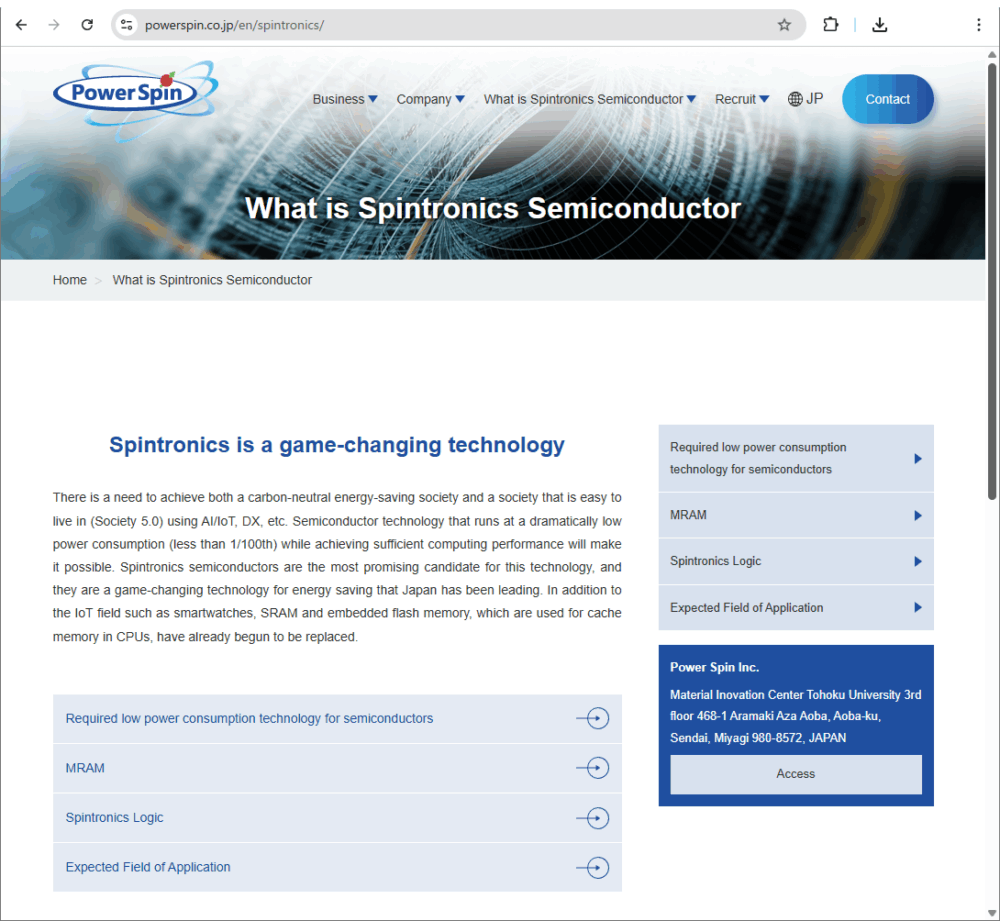 |
SEM STS SMC

